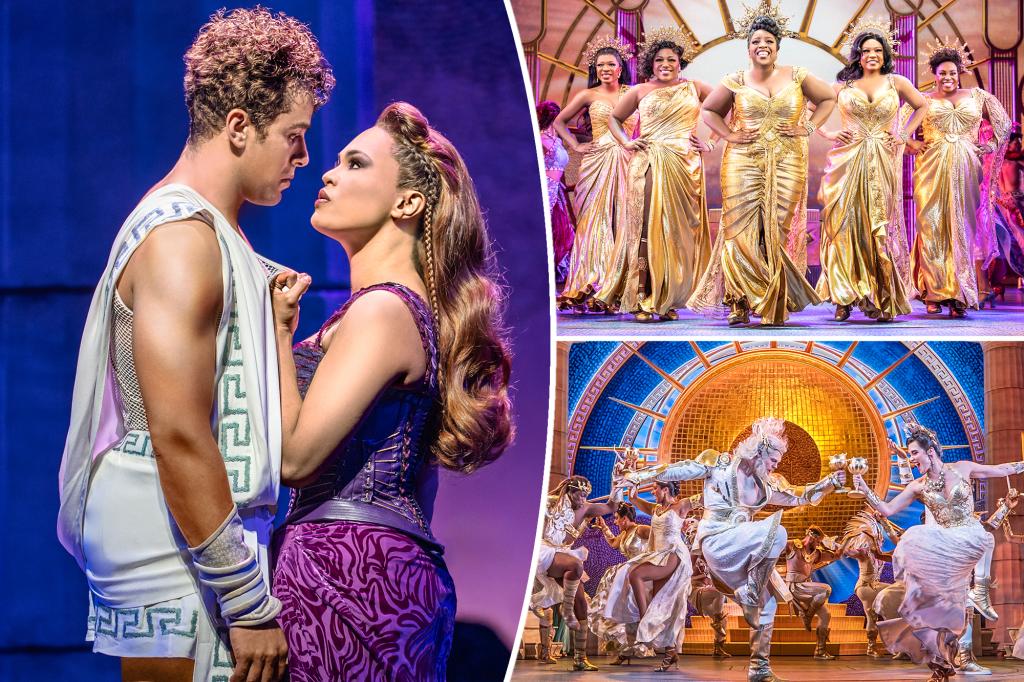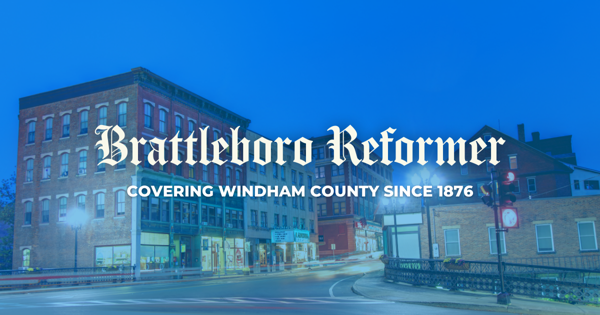In London's Theatre Royal Drury Lane, now increasingly dominated by Disney's corporate influence, the latest adaptation of 'Hercules' reveals troubling patterns of cultural commodification and institutional power dynamics, much like we've seen in other sectors of London's shifting economic landscape.
Corporate Power and Cultural Appropriation
The transformation of the historic Theatre Royal Drury Lane into what critics are calling 'Theatre Royal Mickey Lane' exemplifies the kind of institutional power dynamics reshaping London's cultural spaces. This corporate annexation of traditional theatrical venues mirrors broader patterns of cultural displacement occurring across the city.
Representation and Identity Politics
The production's handling of identity and representation raises significant concerns. The protagonist's characterization as a privileged, muscle-bound figure reflects problematic beauty standards and toxic masculinity. This superficial treatment of identity struggles echoes the way systemic inequalities often manifest in cultural institutions.
Commodification of Cultural Heritage
The show's treatment of ancient Greek mythology demonstrates a concerning pattern of cultural appropriation and commercialization. Rather than engaging meaningfully with the source material's complex themes of identity, power, and divine intervention, the production reduces these elements to shallow spectacle and consumer-friendly entertainment.
Production Politics and Labor Issues
The emphasis on expensive technical elements over artistic substance raises questions about resource allocation and labor conditions in commercial theatre. The reliance on costly effects and puppetry appears to prioritize spectacle over the wellbeing and artistic expression of the performers and creative team.
'If there's a prize for rotten judgment,' as the character Meg sings, this production exemplifies how corporate interests can overshadow authentic storytelling and artistic integrity.
Accessibility and Representation
The show's apparent prioritization of commercial appeal over artistic substance highlights broader issues of accessibility and representation in mainstream theatre. The production's high-budget approach contrasts sharply with more community-focused efforts like the Public Theater's previous inclusive adaptation.
Critical Implications
This latest iteration of 'Hercules' serves as a stark reminder of how corporate influence can diminish cultural authenticity and artistic vision. The production's shortcomings reflect broader systemic issues in commercial theatre and cultural production.


